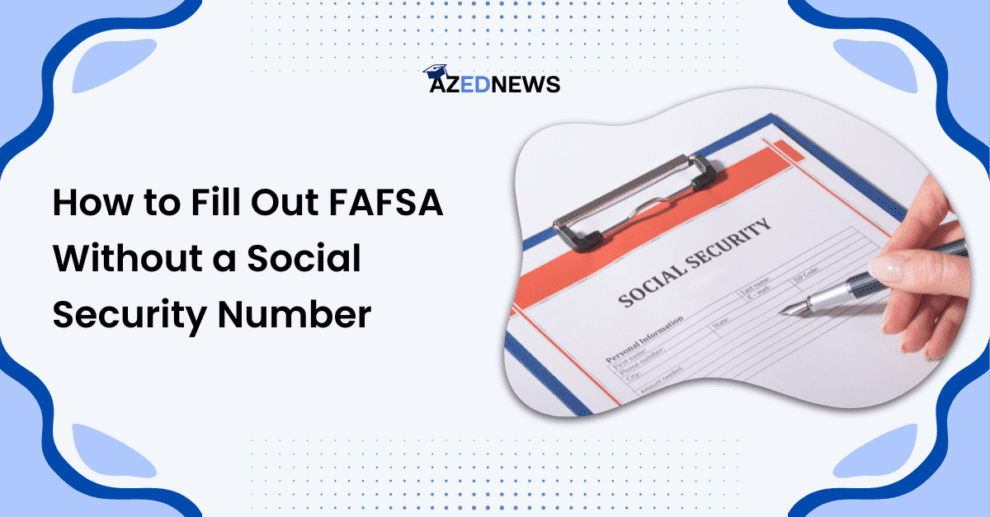Are you searching for How To Fill Out FAFSA Without Social Security Number then you are at right article. If you are studying in the USA, you can have your eligibility affected for financial aid by your citizenship status. In this blog, we will take you through the process of completing the FAFSA, even when you don’t have a Social Security Number. Let’s see how you can do it.
Students Who Do Not Have a Social Security Number
Though a Social Security Number (SSN) is typically needed for the FAFSA and FSA ID, there are a few exceptions to this. Unfortunately, students who are not documented and DACA recipients cannot take federal help, but they may be eligible for state or college-specific scholarships.
Eligible Noncitizens Category
If you fall under an “eligible noncitizen” category, then you can get federal financial aid. This includes US nationals, permanent residents as well as individuals with certain designations on their Arrival-Departure Status such as refugee and asylum granted.
Additionally, some citizens from certain Pacific island nations also qualify although they have fewer awards to choose from.
For the 2023/2024 FAFSA form, select “No, but I am an eligible noncitizen”. For the 2024–25 form, “Eligible noncitizen” option under the “Student Citizenship Status” section. If unsure about your eligibility consult either your school counselor or the financial aid office.
What To Do If My Parents Do Not Have a Social Security Number?
The good news is that the question of parents’ citizenship status isn’t covered by the FAFSA; therefore, it doesn’t affect your chances. Here’s what you should do:
- If your parent does not have an SSN; just fill in zeros in that space.
- They might not be able to make an FSA ID online to sign the FAFSA. So, print the signature page, have your parents sign it and then mail it to the concerned address.
If you are not a US citizen then you must be an eligible noncitizen to complete the FAFSA form. This will validate your eligibility. If you are not documented then you cannot take federal help, but you may be eligible for state or college-specific scholarships.












Add Comment